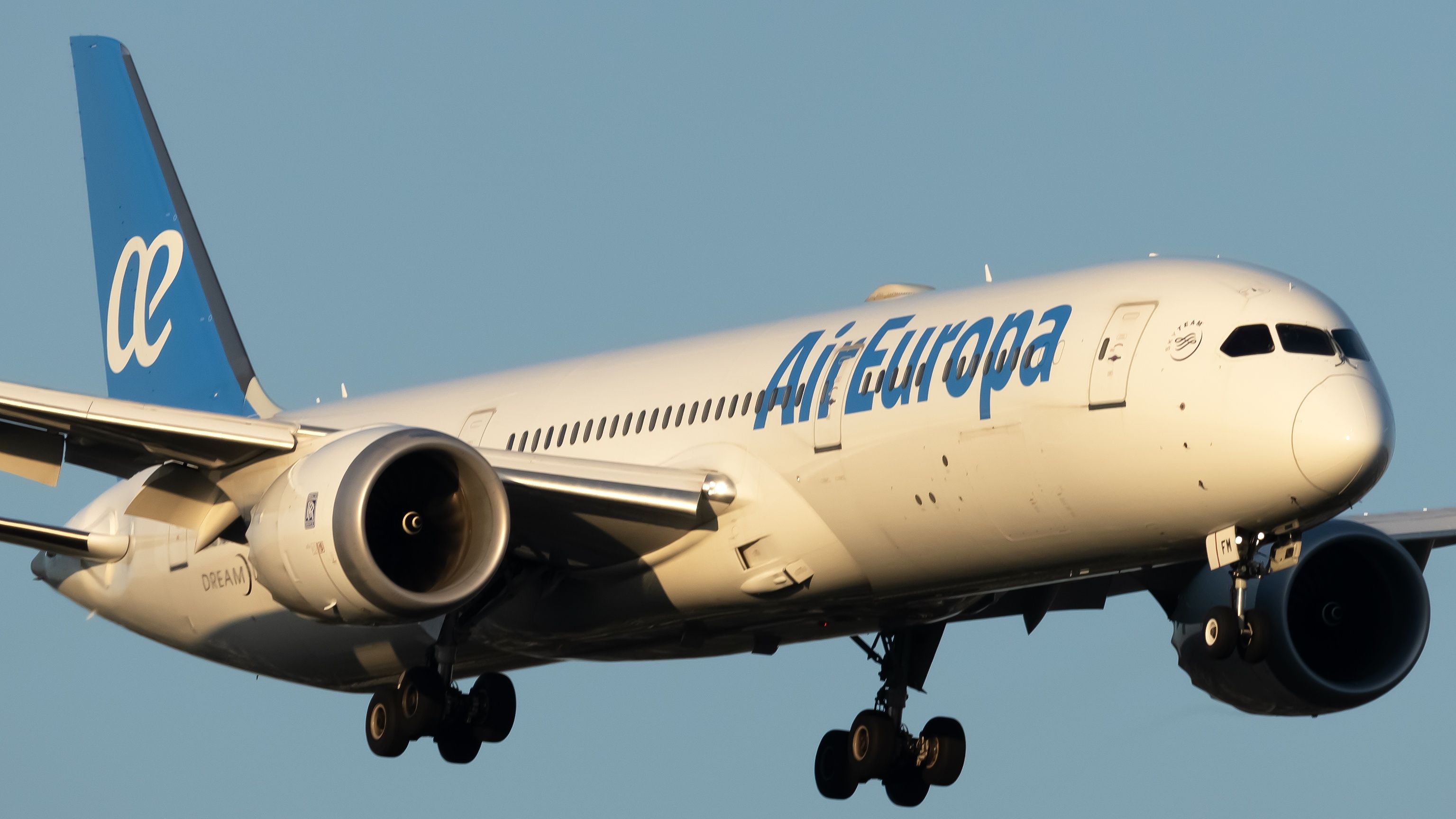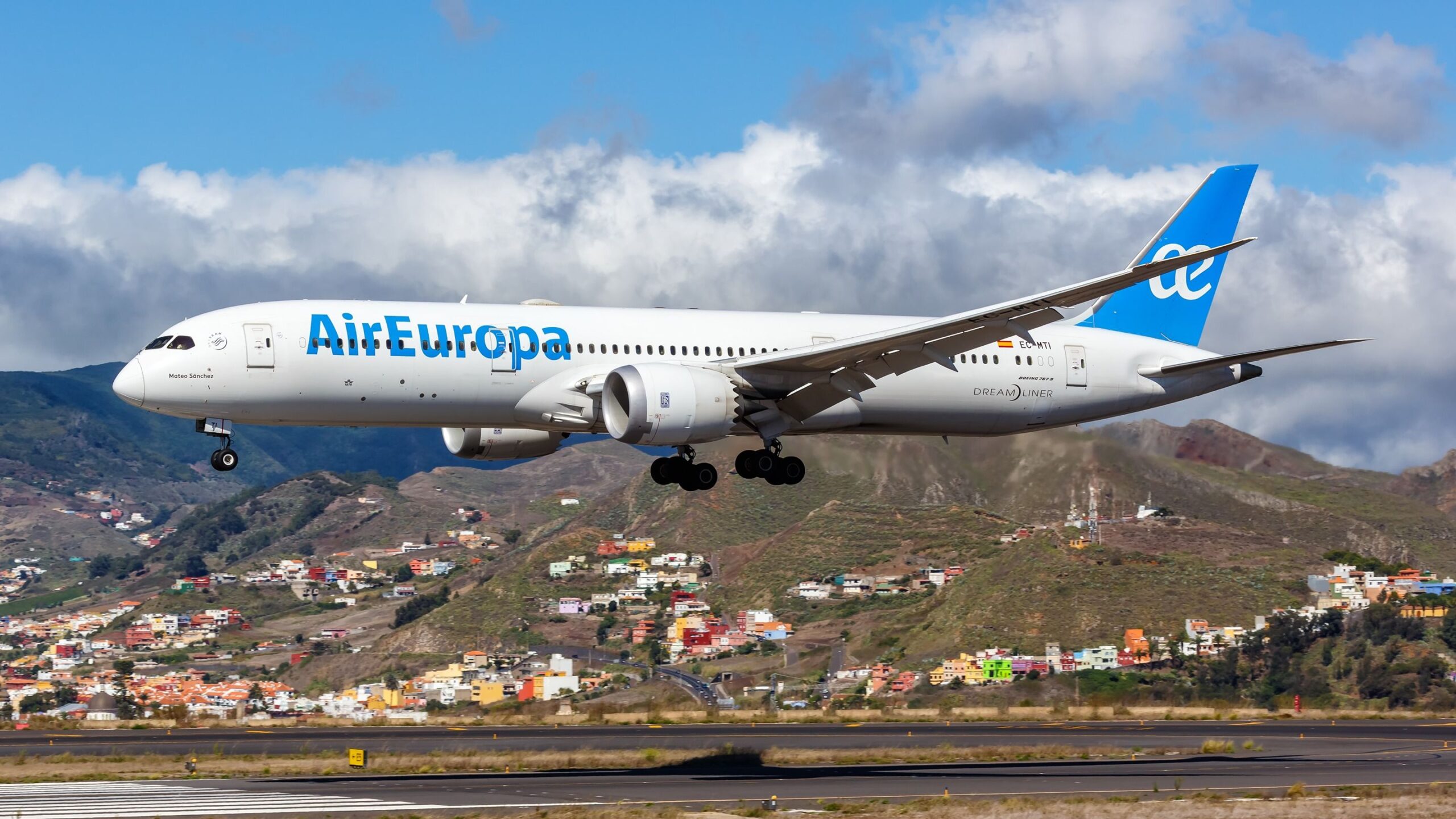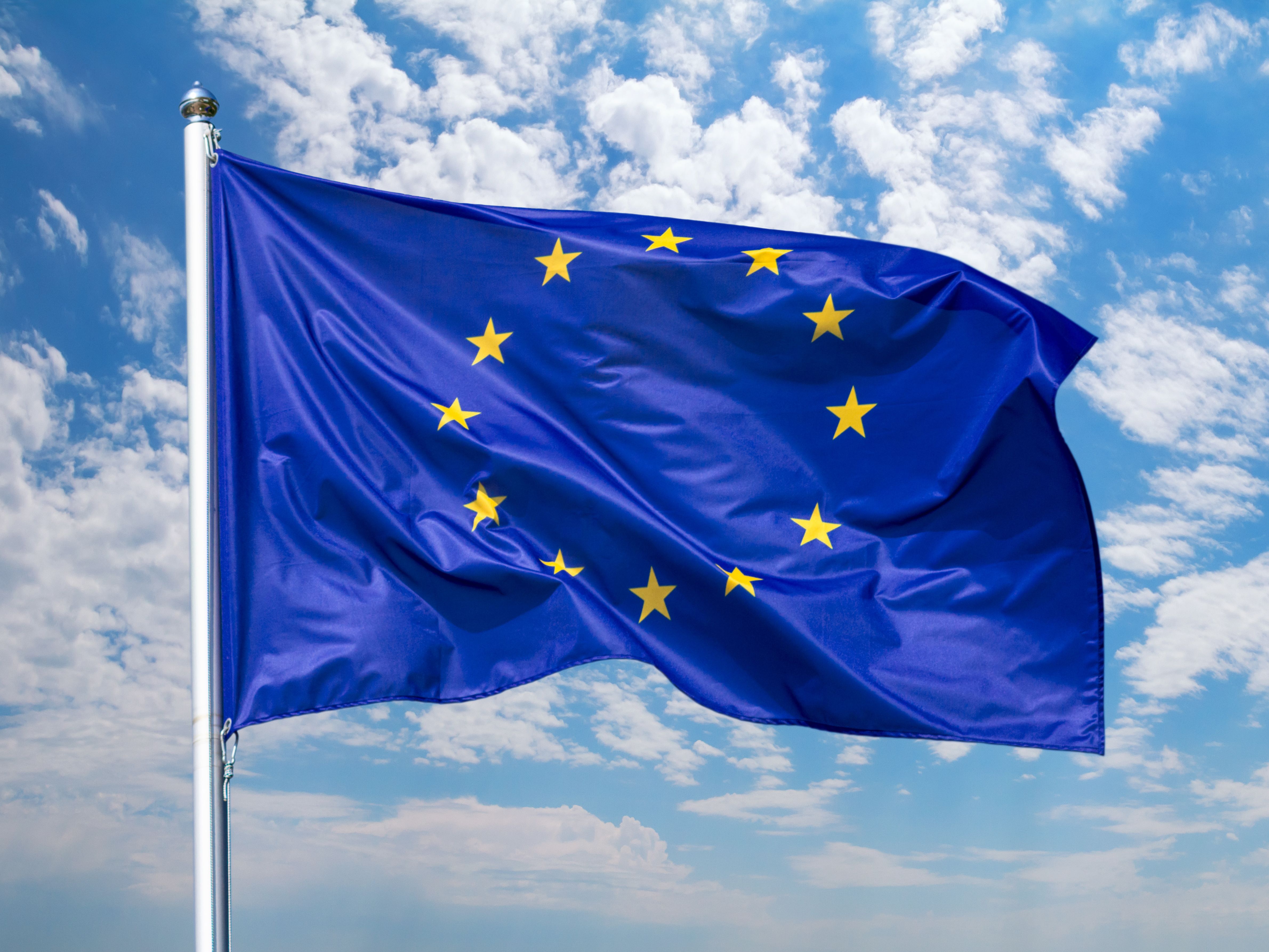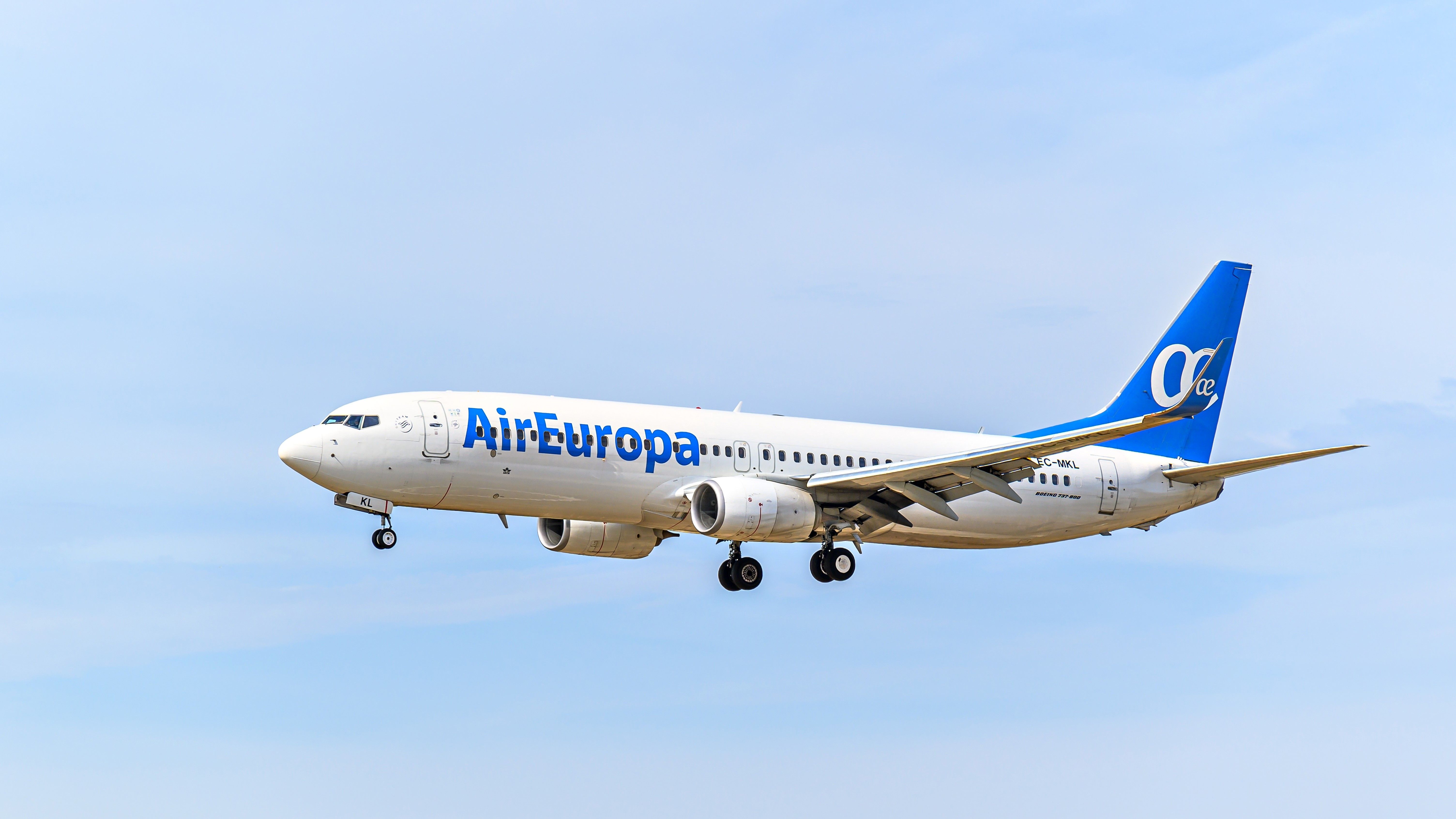Summary
- IAG initially attempted to acquire Air Europa in 2019, dropped the deal in 2021, and returned in 2023 for an 80% acquisition.
- The European Commission blocked the IAG-Air Europa deal, citing potential adverse effects on competition and passenger impact.
- The acquisition could have led to IAG dictating airline prices in Spain, South America, and the US, creating a monopoly and impeding competition.
Europe’s airline landscape has never been so consolidated; today, it is mainly run by three main airline groups, Air France-KLM Air France, KLM, Transavia, and some stakes in SAS, Lufthansa Group who own Lufthansa, Austrian, Air Dolomiti, Brussels Airlines, Discover Airlines, Eurowings, Swiss and will soon take ownership of considerable stakes in ITA Airways, the new flag carrier of Italy and IAG who own British Airways, Iberia, Aer Lingus, Vueling, and Level.
A new airline could have joined IAG.
Recently, advanced negotiations were underway for IAG to take on Air Europa, a low-cost holiday airline based in Barcelona.
On November 4, 2019, International Airlines Group (IAG) announced they had signed an agreement to acquire the Spanish carrier Air Europa for €1 billion. The deal was made public by the airline group in the morning. This acquisition would position IAG as the owner of three Spanish airlines, with Air Europa joining Iberia and Vueling under the group’s umbrella.
Why didn’t it happen the first time?
The acquisition came under scrutiny early in the process, commencing with an investigation by UK antitrust regulators. While the airline in question is of Spanish origin, the examination was motivated by its potential impact on British tourists frequenting popular Spanish destinations, such as the Canary Islands, Andalusian coasts, and Madrid. If IAG acquired UK tourists, they would have had limited options, potentially leading to increased prices, as they would only have the choice between IAG and TUI airlines. The process began just days after the announcement, on
November 22, 2021.
IAG subsequently dropped their initially deal in December 2021 during the pandemic, with IAG telling Simple Flying back then
International Airlines Group (“IAG”) and Globalia today confirm that discussions are at an advanced stage to terminate the agreement signed on 4 November 2019 and amended on 20 January 2021, under which IAG’s subsidiary, Iberia, had agreed to acquire the entire issued share capital of Air Europa (the “Acquisition”). A further update will be made in the future, as appropriate
In February 2023, the group returned with a new deal, IAG, agreeing to purchase 80% of Air Europa.
In a filing made on February 23, 2023, the airline group revealed that it would buy the remainder of the Spanish carrier for €400 million ($424 million), divided into several payments.
IAG draws the curtain on the acquisition
After going through the verification process in affected countries and receiving warnings for impeding competition, the deal was once more called off the purchase just a few days ago, citing a lack of solutions found by the EU’s commission.
Photo: rustamank | Shutterstock
In a statement, the European Union’s institution’s Executive Vice-President Margrethe Vestager, in charge of competition policy, had this to say about the abandoned takeover.
“We looked closely at the impact of the transaction on competition, especially on those routes in which alternative flights are limited. Our in-depth analysis indicated that the merger would have negatively affected competition on a large number of domestic, short-haul and long-routes within, to and from Spain on which the two airlines compete closely.”
“We were concerned that the transaction may have led to adverse effects for passengers – business customers and consumers alike – in terms of increased prices or decreased quality of services. IAG offered remedies, but taking into account the results of the market test, the remedies submitted did not fully address our competition concerns. ”
“Air Europa is in a stronger position today than it was in 2021 so the challenge of identifying adequate remedies was even greater than in 2021”
What impact would it have had on Spain and the Spanish-speaking world?
If the deal had been finalized, its implications for the consumer would have been significant. Considering the broader context within Europe, this development would have introduced challenges, particularly in Spain, where Air Europa and Binter stood as the sole remaining independent major airlines.
Such a scenario might lead to a monopolistic situation, enabling the group to dictate prices at their discretion. This could potentially impact consumer welfare because there are no other driving forces to keep the prices down.
Air Europa operates similar routes to Iberia, such as Gatwick to Barcelona and Paris to Barcelona. Although Iberia does not offer direct flights on these routes, these city pairs can be easily accessed via Madrid Barajas.
If Air Europa were to be integrated into IAG, this could potentially lead to IAG having control over the pricing of most routes in and out of the UK and Europe to Catalonia and Madrid. Consequently, this could create a near-monopoly situation.
This monopoly would have been exacerbated in other sectors, however, particularly on flights from Spain to South America and the US. In such a scenario, if IAG were to set the transatlantic flight prices at, for example, $600 one-way for all its Spain-based airlines, there would be no direct alternative available.

Related
Was IAG Right To Pull Out Of Its Air Europa Acquisition?
Yesterday, IAG, the parent company of British Airways and Iberia, revealed that it had given up on a bid to purchase Spain’s Air Europa. The airline group could reportedly find no workaround to regulators’ objections. As a result of pulling out, IAG will have to pay Air Europa a €50 million termination fee. Was IAG right to pull out of the deal? (Photo: Photo: Vincenzo Pace | Simple Flying)
So, do we need competition, and how is it maintained?
Competition benefits consumers by exerting downward pressure on prices and enhancing travel accessibility to a broader demographic. In light of this dynamic, a surge in first-time flyers is conceivable as airlines offering the most competitive fares and superior value stand to cultivate a loyal customer base, thus impacting revenue significantly.
In the pursuit of expansion, businesses are sometimes tempted to circumvent competition. To avoid this, countries create check and balance organizations who are called anti-trusts, the European Commission oversees in the EU.
And, in the recent instance under discussion, the European Commission effectively leveraged its influence to compel IAG to relinquish its pursuit of a takeover bid, thereby underscoring the efficacy of regulatory bodies in ensuring equitable business practices.


